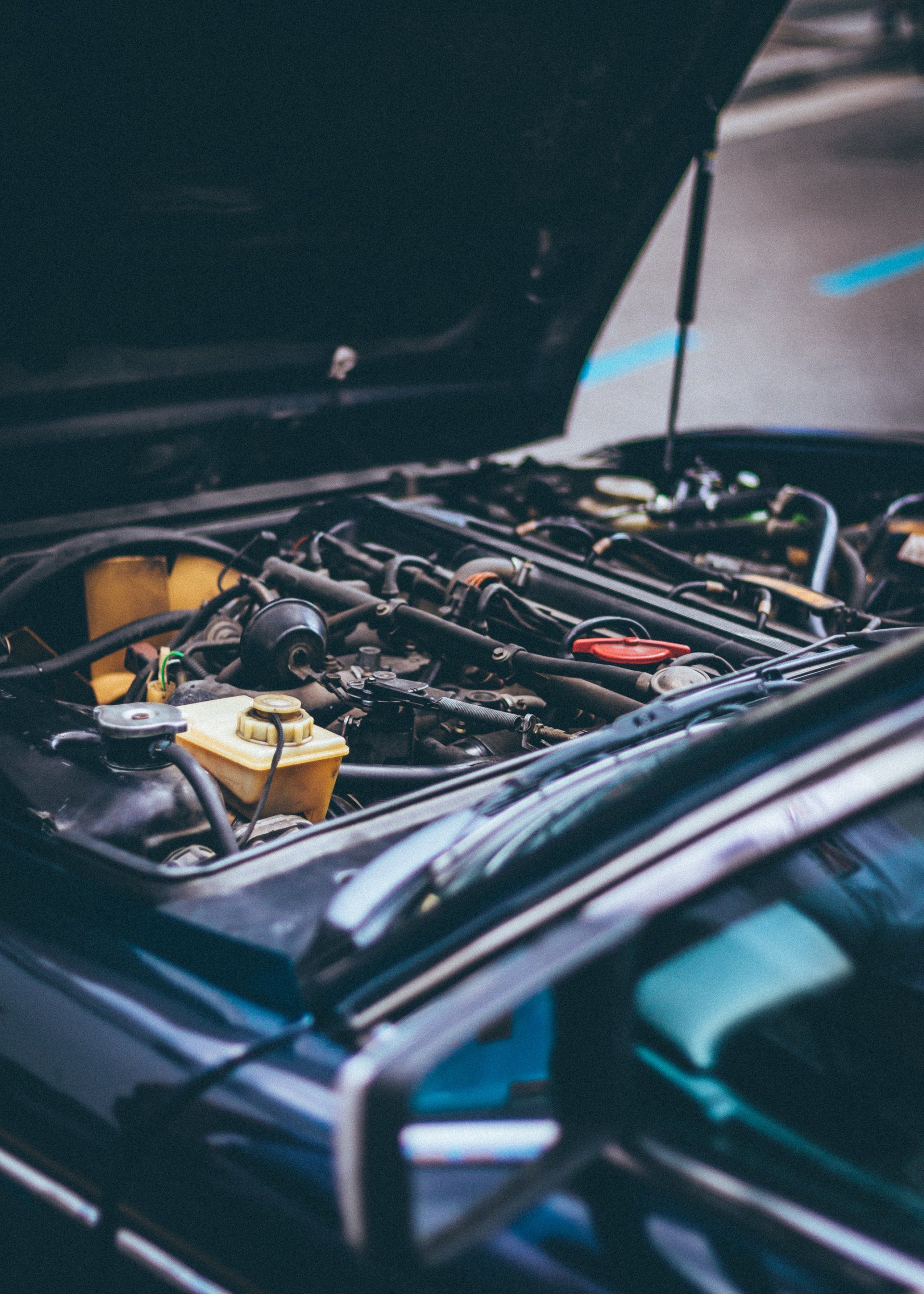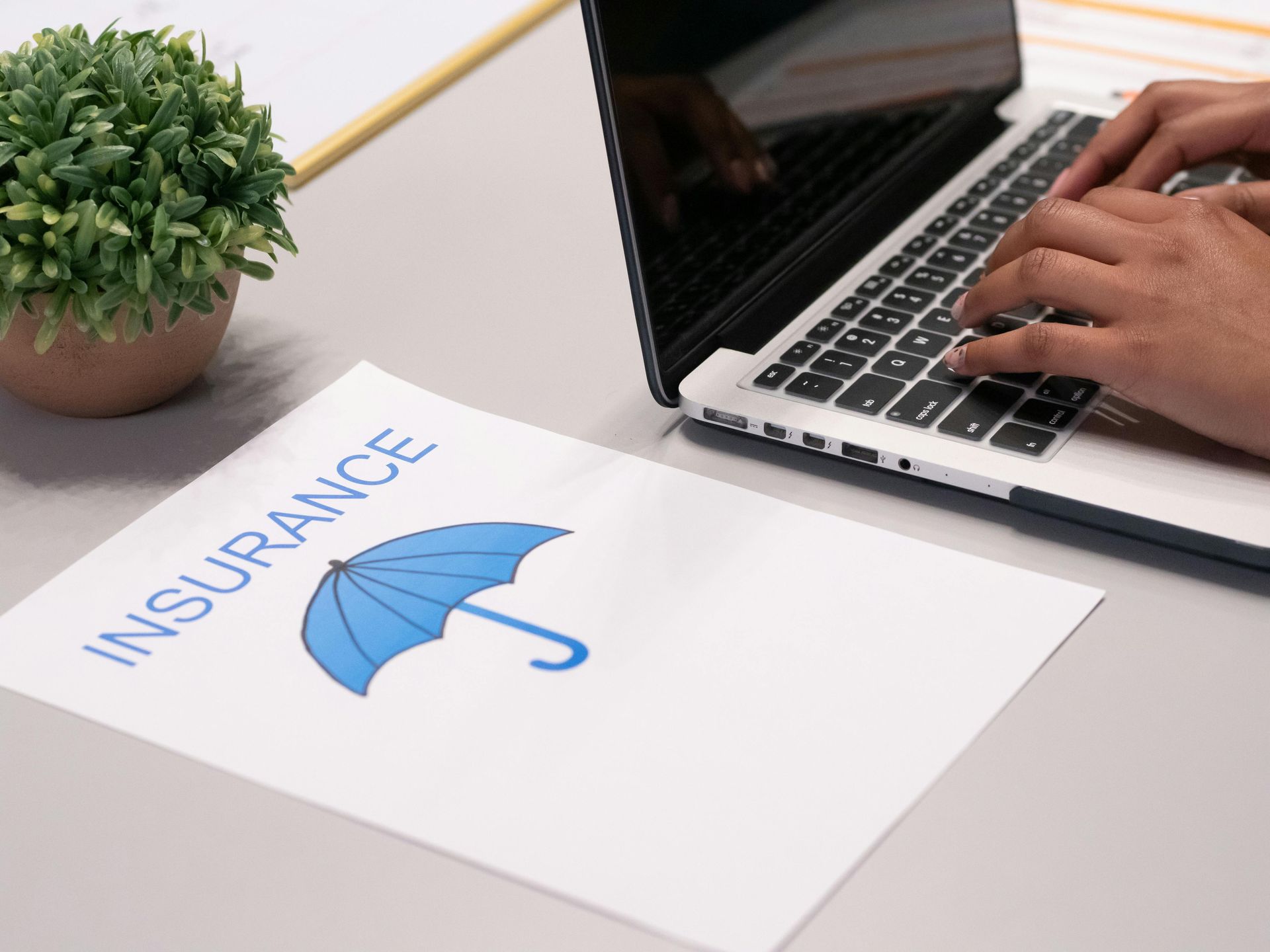INSURANCE FOR WILMINGTON NC
INSURANCE FOR WILMINGTON NC
INSURANCE FOR WILMINGTON NC


Is There Really Such A Thing As Full Coverage with Auto Insurance?
When people talk about "full coverage" car insurance, they're often referring to a combination of coverages that help protect a vehicle. But, there's really no such thing as "full coverage" for your car.
Some coverages (such as auto liability) are required by state law. Others (such as rental reimbursement) may be optional, depending on the insurer and your situation. So, it's up to you to choose car insurance that fits your needs — making sure your coverage meets state requirements and helps you protect your car.
To start, it may help to understand common types of car insurance coverage and whether they're required or optional. Check out the following chart, then get explanations on what each coverage does below.
LIABILITY COVERAGE
Liability coverage is typically included in all auto insurance policies, as it's required by law in most states. Bodily injury liability coverage helps pay for another person's medical expenses if you cause an accident. Property damage liability coverage helps pay for damage you cause to another person's property in a car accident.
Each state sets minimum liability coverage limits that drivers must purchase. Typically, the liability coverage in an auto insurance policy will contain three limits:
- The maximum payment for bodily injury per person
- The maximum payable for bodily injury per accident
- The maximum payable for property damage
You may want to go beyond the state requirements and buy a policy with higher liability limits. Higher coverage limits typically mean you'll pay higher premiums, but you'll have more protection if you cause an accident.
COMPREHENSIVE AND COLLISION COVERAGE
If you are still paying off an auto loan or if you have a lease on your vehicle, your lienholder or financing company usually requires collision coverage and comprehensive coverage. Otherwise, if your vehicle is paid off, these two coverages are typically optional on a car insurance policy.
Collision coverage helps pay to repair or replace your vehicle if it's damaged in a collision with another vehicle or object (such as a fence). Remember, collision coverage helps protect your vehicle, while property damage liability helps pay for damage you cause to another driver's vehicle.
Comprehensive coverage helps pay to repair or replace your vehicle if it's stolen or damaged by things like hail, animal damage, or vandalism.
Comprehensive and collision coverage each have deductibles and limits. A deductible is the amount you pay out of pocket toward a covered claim. A limit is the maximum amount your insurance will payout for a covered claim.
RENTAL REIMBURSEMENT COVERAGE
Rental reimbursement coverage helps pay for a rental car while yours is being repaired after a covered loss. Be sure to check the coverage limits — typically, rental reimbursement pays up to a certain dollar amount per day, for a set number of days.
UNINSURED AND UNDERINSURED MOTORIST COVERAGE
Uninsured motorist coverage helps protect you against drivers without insurance. If you're injured in an accident caused by another driver, that driver's liability insurance will usually help cover medical expenses you incur — unless that driver doesn't have auto liability coverage. In that case, your uninsured motorist coverage would help pay for expenses related to your injuries.
Underinsured motorist coverage works similarly: It takes effect if the other driver who caused the accident has insurance, but their liability coverage limits are lower than the limits that trigger underinsured motorists coverage in your state. Check your state’s insurance requirements or ask your agent for more information about this coverage.
MEDICAL PAYMENTS COVERAGE/PERSONAL INJURY PROTECTION
Medical payments coverage helps pay for your (or your passengers') medical expenses after an accident, regardless of who is at fault. Covered expenses may include things like surgery or X-rays.
Personal injury protection (PIP) isn't available in all states, but it's required in some states. PIP works similarly to medical payments coverage — it helps cover your medical expenses resulting from a covered loss. In some cases, it may also help you pay for other expenses while you're healing. These expenses may include child care services and lost income as a result of your injuries.
While there's technically no such thing as "full coverage" auto insurance, you can choose from a number of car insurance coverages to help protect you, your passengers, and your vehicle. Need help customizing your policy? Talk to a local agent.
SHARE THIS ARTICLE:

INSURANCE
Blog Quick Form
Thank you for contacting Morgan Scheibel Insurance. We will get back to you as soon as possible.
Oops, there was an error sending your message. Please try again later.
OUR INSURANCE related BLOGS
GET A PERSONALIZED INSURANCE QUOTE TODAY
SERVING NORTH CAROLINA AND SOUTH CAROLINA
Ready to take the first step in protecting what matters most? Fill out our contact form for a personalized insurance quote from Morgan Scheibel Insurance. We've been serving Wilmington, NC for over 40+ years, and we're committed to finding the best coverage for your home, auto, business, and more.
INSURANCE FOR WILMINGTON NC
Our team has over 65 combined years of service in the insurance industry. We work with a financially sound company that has been there for their customers since 1931.
Business Hours
- Mon - Thu
- -
- Friday
- -
- Sat - Sun
- Closed
All Rights Reserved | Morgan Scheibel Insurance


